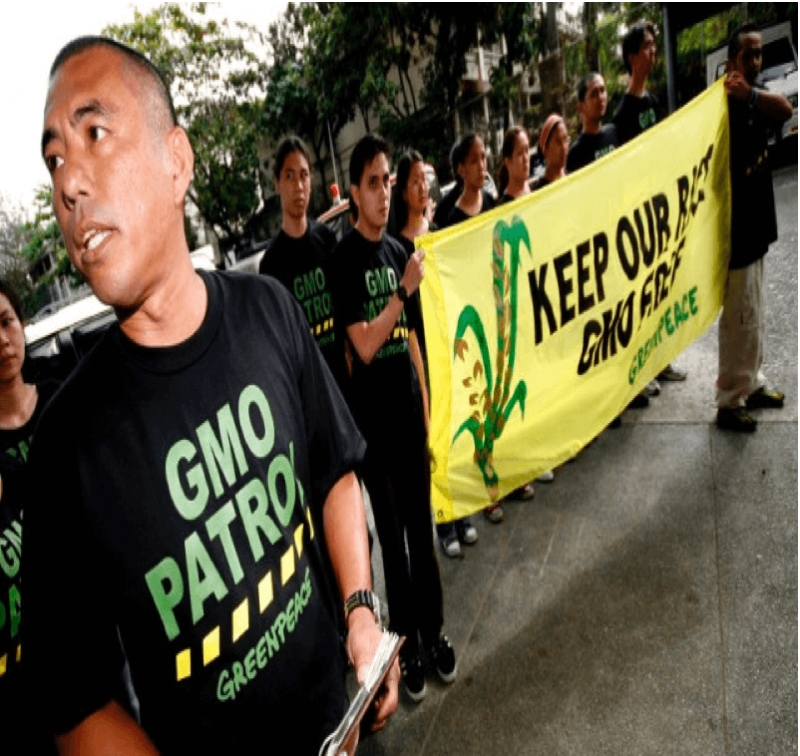The GLP aggregated and excerpted this blog/article to reflect the diversity of news, opinion and analysis.
The Philippines has approved a new set of rules on genetically modified organisms after a top court demanded an overhaul of previous regulations, providing relief to farmers and importers worried that any delay would spark a food crisis.
The five ministers that needed to sign the rules had done so as of [March 7], Merle Palacpac, chief of the plant quarantine service at the Bureau of Plant Industry, told Reuters.
The new rules will now be forwarded to the Department of Agriculture, with Palacpac saying they would likely take effect by April.
The Supreme Court in December halted the issuance of fresh permits for planting or importing genetically modified crops until the new rules were in place, putting in limbo nearly 1 million corn farmers and buyers of GM soybean meal, the Philippines’ top GMO import.
The court was acting on a petition by environmental activists led by Greenpeace, with the move likely closely watched by governments elsewhere as the Philippines is seen as a trailblazer for GMO.
Greenpeace said it would take further action against the new GMO guidelines.
“Definitely there will be action but we haven’t decided (what it will be) yet,” said Greenpeace campaigner Leonora Lava, adding that it would discuss options with other petitioners and allied groups.
The new rules are expected to improve transparency in the approval process for permits to plant, import and commercialize GM products, including enhanced regulations on risk assessment and involvement of local governments, said Palacpac.
Read full, original post: Philippines signs new GMO rules, food industry relieved































